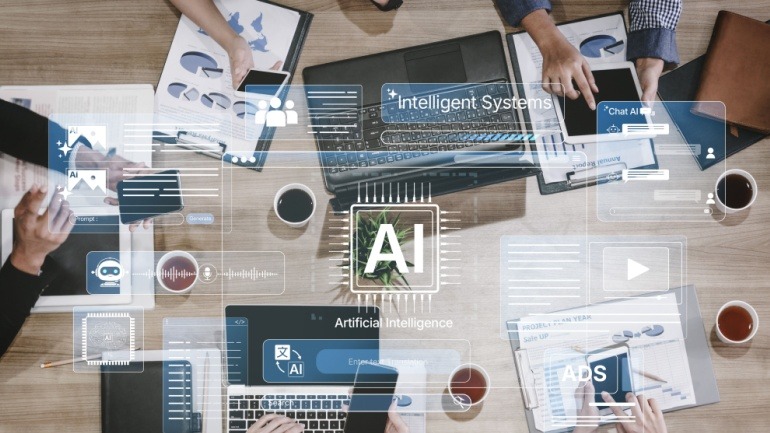Meta has exceeded expectations with their recent second-quarter results, reporting a notable rise in revenue and profit. The tech giant achieved a 22% increase in revenue, totaling $47.52 billion, while their net income soared by 36% to $18.3 billion compared to the previous year. However, expenses also grew 12%, reaching $27.1 billion, driven by higher administrative costs and infrastructural spending.
The company’s quest for AI talent has led to an increase in compensation expenses, with Meta’s capital expenditures amounting to $17 billion this quarter. They face challenges with data center capacities, an issue common across hyperscalers. Despite efforts to enhance workload efficiency and expand data centers, Meta still struggles to meet internal demand for compute resources.
CEO Mark Zuckerberg outlined a vision for “personal superintelligence,” emphasizing the crucial nature of the next five years in shaping AI’s role in society. He argues for empowering individuals, contrasting with industry peers who favor a centrally directed superintelligence.
Meta’s AI monetization strategy includes five pillars: improved advertising facilitation, engaging experiences, business messaging, Meta AI as a leading personal AI, and AI devices like Rayban AI glasses. Yet, Susan Li, the company’s CFO, notes the early stages of these initiatives and doesn’t foresee immediate substantial revenue.
In business messaging, Meta is testing enabling business AIs in messaging threads, optimizing onboarding, and broadening availability. They aim to make AI a turnkey solution, drawing from existing resources such as websites and social media profiles to train their AI, which aids businesses in saving time, generating leads, and handling repetitive tasks.
Additionally, Meta experiments with AI in ads, offering functionalities such as interactive queries and assistance within Facebook’s in-app browser or through websites, where AI agents track user preferences.
As expenses are projected to rise by 20-24% next year, driven by employee compensation and infrastructure costs, capex is expected to jump by about $30 billion. Meta remains focused on expanding capacity to meet AI and business operation needs.







